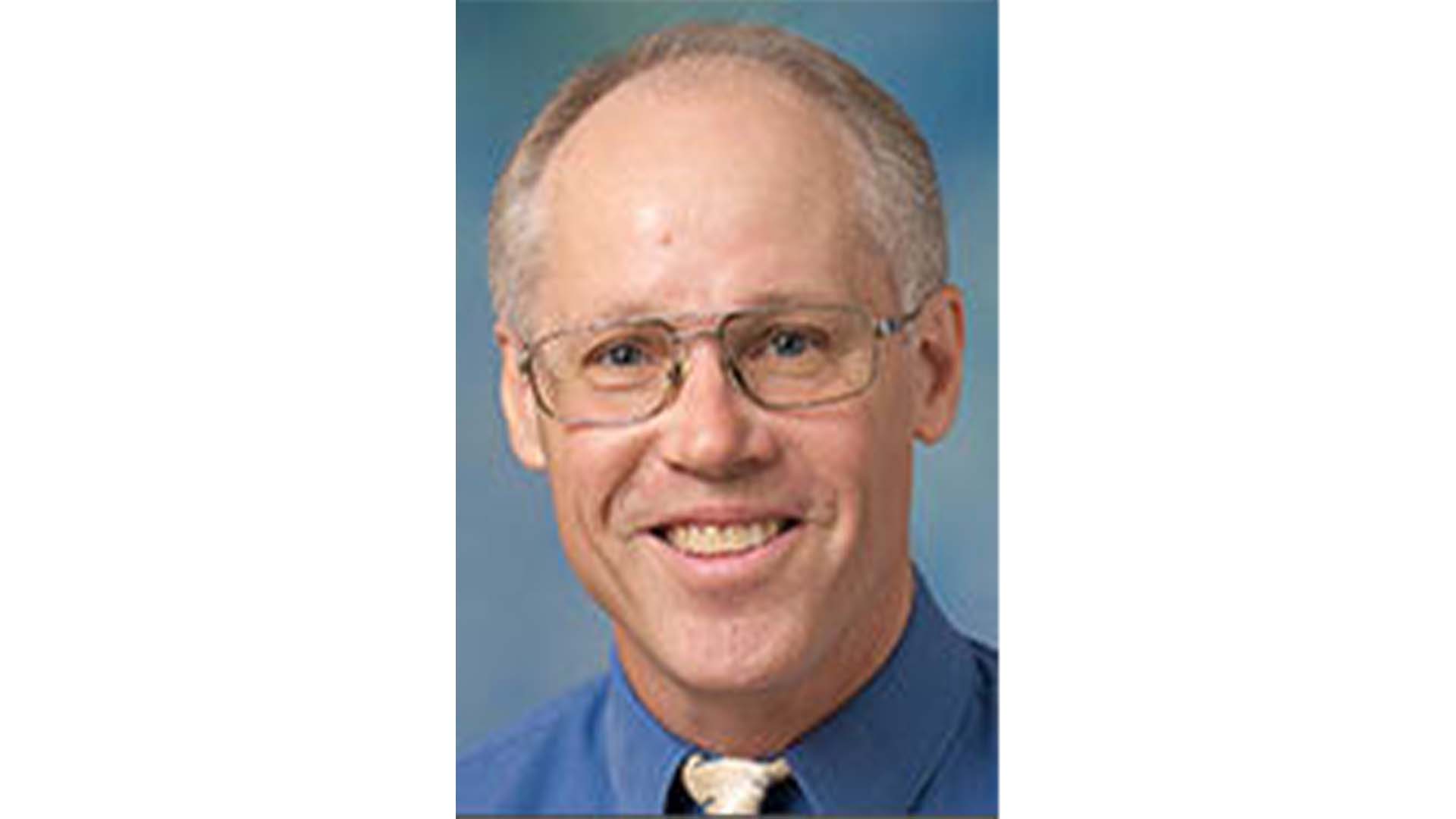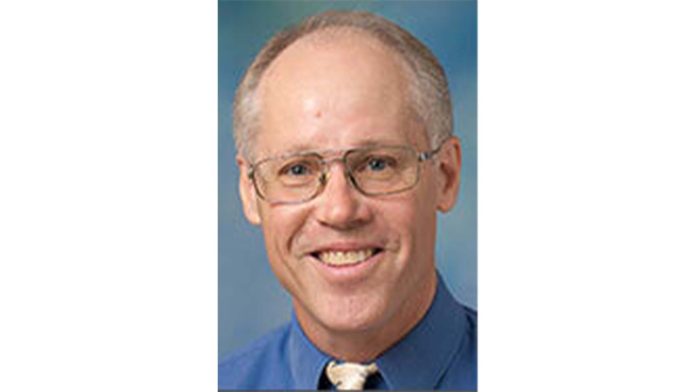
James Adams reflects on his research studying political hostility after 16 years of teaching at UC Davis
Professor James Adams, Ph.D., graduated from Princeton University with his bachelor’s in economics and went on to sell computers for Hewlett-Packard in the 1980s. After two years of working in the sales industry, he decided to change his trajectory and earned his doctorate in political science at the University of Michigan–Ann Arbor.
Having found his true calling in academia, Adams has taught political science at UC Davis for 16 years.
“You might almost say that I was raised to be a professor,” Adams said. “My father was a professor at UC Berkeley. My grandfather was a professor at UCLA. My great grandfather was a professor at Stanford. So, Adamses have been professors in California for close to 100 years now.”
Adams teaches undergraduate courses on the politics of France, Germany and Britain. He is also currently teaching graduate-level courses on political polarization, political representation in advanced industrial societies as well as political behavior in the same nations.
Adams recently published a book titled, “American Affective Polarization in Comparative Perspective,” in which he explores animosity and polarization between political parties in the U.S.
“We seem to see so much distrust and hostility across party lines,” Adams said. “And not just between the politicians—but between rank-and-file voters—where Democrats and Republicans seem to not just disagree with each other, but they practically seem to think the other side is just evil.”
The project was in part motivated by Adams looking back to a time before modern political friction, in the 1970s, when Democrats and Republicans were able to respectfully disagree with one another, according to Adams.
Adams said “you might not believe this” when explaining that people across party lines cooperated and often agreed on issues. Now the two dominant parties view the individuals within their opponents as morally corrupt.
“Both sides just have these terrible caricatures of the other side,” Adams said. “No matter what the other side does, each side thinks, ‘Well, whatever you are doing, you have bad motives.’”
His recent research found that income inequality contributes to political hostility across party lines. In terms of disagreement on policy, him and his coauthors found that so-called “cultural issues” such as gay marriage or immigration significantly gave rise to anger.
Adams said that opposing parties could fight about economics without impacting overall hostility toward one another.
“But these fights over race, immigration and the national way of life—which has really showed up in this country in the last four years—[…] seem to really make people angry,” Adams said.
In February 2020, Adams was awarded the Distinguished Teaching Award for Graduate and Professional Teaching from the UC Davis Academic Senate.
Adams has also received awards for student mentorship, including the Outstanding Mentor Award from the Consortium for Women and Research from UC Davis. He credits his wife for reminding him that students may feel intimidated approaching professors with research proposals.
“[My wife] said sometimes [for] students, and particularly women students, it can be hard for them to walk into your office and look into your eyes and say, ‘Professor Adams, I would like to write a paper with you,’” Adams said. “I always try to emphasize to all of my graduate students, don’t be afraid and don’t be bashful to come to me and suggest a project or ask for help. I always try to emphasize that I will do everything I can to help you. I will never make you feel bad for asking.”
Professor Erik Engstrom serves as the chair of the political science department and has worked with Adams for 13 years. He said that Adams spends an enormous amount of time and effort in the success of students.
“[Adams] is just a very outgoing, exuberant person,” Engstrom said. “He’s very funny, which I think helps in the classroom, bringing students into the lectures.”
Timea Balogh, a second-year political science Ph.D. student, has taken graduate-level courses taught by Adams and served as his teaching assistant (TA) throughout the pandemic. She highlighted how humble and down-to-earth Adams is while showing an immense care for his students’ interests and wellbeing.
“Even with 120 students on Zoom, he still started each class making sure how people are hanging in there and how can he can make class better to accommodate the world that we’re living in,” Balogh said. “I would TA for him forever.”
“He’s the kind of person that, from the very first conversation with him, you know you only want good things for him: success, health and respect,” Balogh said.
Adams said that the best part of his job is interacting with students.
“Especially since I am in the later part of my career, when I tend to get tired more easily and get more worried about things, I always come away from being on campus, or even now when I do my Zoom lectures, feeling so good just from interacting with all of you,” Adams said.
Sara Kazemian is a fourth-year Ph.D. candidate studying political science, and Adams serves as the chair of her dissertation committee. His graduate-level course on polarization from a comparative lens inspired the topic of her dissertation.
“I think the thing that strikes me about Dr. Adams is that he’s equitable across the board and very approachable,” Kazemian said. “If you look at his undergraduate classes, his office hours are usually filled when normally students go to TAs.”
Adams said that if he hadn’t been a professor, the only other job he would excel at is baseball broadcasting. Adams’ colleagues and students called up his love for baseball in every conversation.
“He’s a massive San Francisco Giants fan,” Engstrom said. “When they won the world series, I’ve never seen him happier.”
Written by: Rebecca Gardner — campus@theaggie.org







